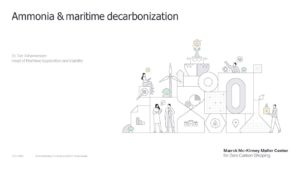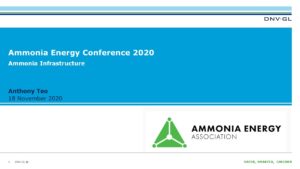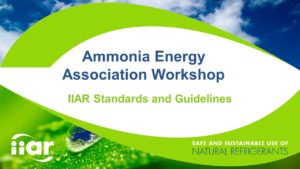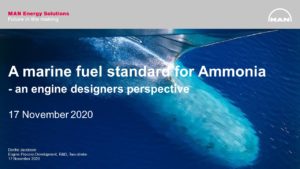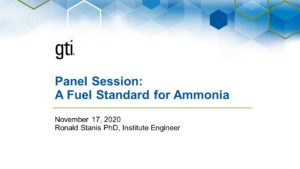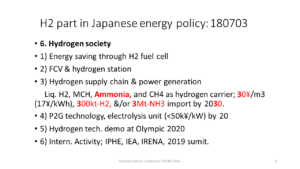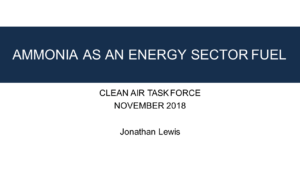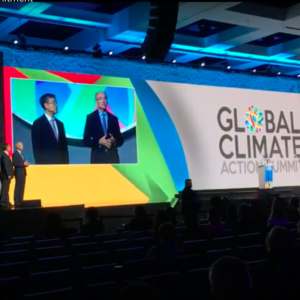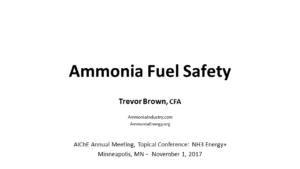Regulations
Ammonia as Alternative Maritime fuel
IIAR Standards and Guidelines
A marine fuel standard for Ammonia - an engine designers perspective
How is the “green” evaluated for NH3?
Ammonia as an energy sector fuel
Targets, Limits, Pledges, Bans: Enforcing the Transition to Sustainable Energy
In the last 12 months ... California passed a law mandating 100% carbon-free electricity by 2045; then its governor announced that the state's entire energy system - not just its electricity - would be carbon-neutral by 2045. The Hydrogen Council announced its "goal of decarbonizing 100% of hydrogen fuel used in transport by 2030." The International Maritime Organization set targets for the global shipping sector to “reduce the total annual GHG emissions by at least 50% by 2050,” and completely “phase them out, as soon as possible in this century,” and these targets were swiftly endorsed by the International Chamber of Shipping. Regulators and self-regulating organizations around the world are enforcing systemic decarbonization and accelerating the transition to a hydrogen economy.
Ammonia Fuel Safety
